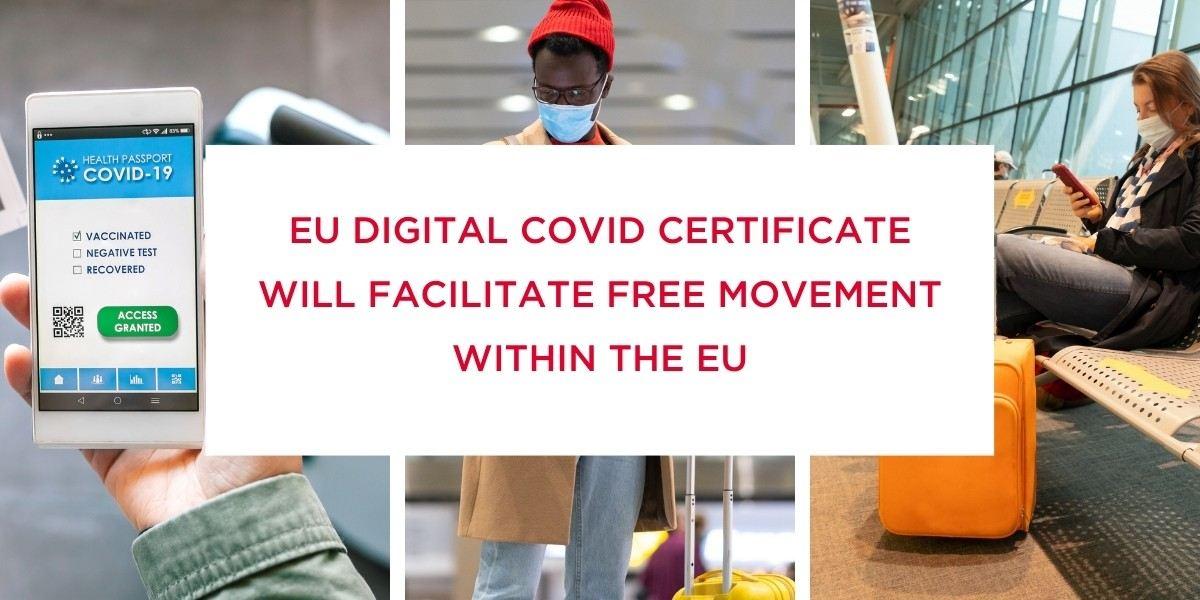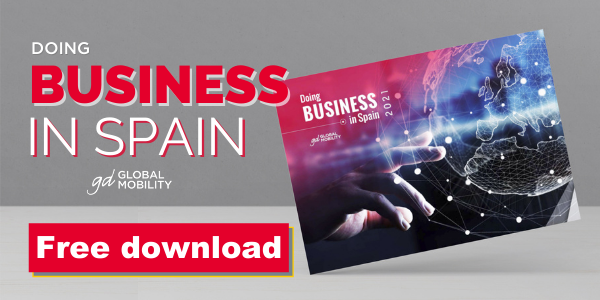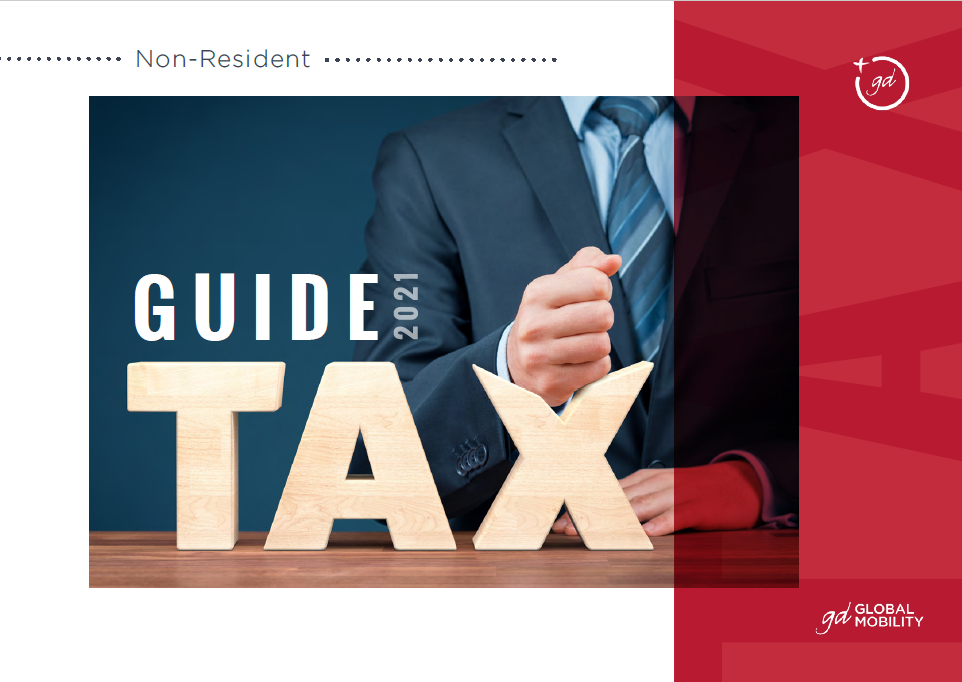
There is already an agreement to start operating the EU COVID Digital Certificate within the framework of the European Union. The so-called Green Digital Certificate, in addition to reactivating tourism, will facilitate freedom of movement in the EU for anyone who:
- Is vaccinated against COVID-19. What vaccines will be accepted? Pfizer–BioNTech, Moderna, AstraZeneca and Janssen. Regarding other vaccines, it will be up to each country to decide whether they also accept vaccination certificates from other Member States for vaccines authorized at the national level or for those on the WHO emergency list.
- Has a negative test at most 72 hours before the trip.
- Has recovered from COVID-19.
In other words, this Certificate covers both vaccination, and tests and recovery. Regarding the second point (types of tests), the Council of the European Union reports that:
- Only PCR and rapid antigen tests will be accepted as proof of a negative result (the latter will depend on each country).
- Only PCR tests will be accepted as proof of recovery. Rapid antigen tests, serological tests, or other validated methods may be accepted at a later stage if scientific evidence is available.
What is the objective of this Certificate within the framework of the EU? That travelers do not suffer restrictions such as spending a quarantine period in the destination country.
EU Digital COVID Certificate
It is important to take the following into account:
- It is neither a passport nor a prerequisite for travel. It is an instrument that will facilitate international mobility within the European Union.
- It is not a travel document.
- It is not mandatory to be vaccinated to obtain this Certificate.
- It is not a precondition for exercising the rights of free movement.
- It will be reflected in a Regulation that could be ready at the end of June, in order to enter into force on July 1, with a progressive introduction of six weeks.
The EU COVID Digital Certificate will be available both on paper and in digital format, and must include, in addition to a digital signature to ensure that the certificate is authentic, a QR code with the necessary essential information. It will be free, universal, easy to obtain, and will also be available to people vaccinated before the entry into force of the Regulation that regulates it, and which is expected to be in force for 12 months. What will not be free for the moment will be the cost of the PCR test, although it has been agreed to allocate close to 100 million euros to support countries in the purchase of PCR and antigens.
Member States of the European Union will refrain from imposing additional travel restrictions on individuals holding an EU COVID Digital Certificate, unless such restrictions are necessary, proportionate, and sufficient to protect public health. That is, each state is allowed to impose additional restrictions as long as they are justified.
The European Commission reports that there will be no centralized EU database or exchange of personal data in order to safeguard data protection law.
Spain opens borders to vaccinated individuals as of June 7
There is a second key date to take into account: the Spanish Government has announced that all vaccinated international individuals, regardless of where they come from, will be able to enter Spain as of June 7. This decision is in line with the publication of the recent Ministerial Order that states that both the UK and Japan join the list of countries from which there are no non-essential travel restrictions to the European Union.




